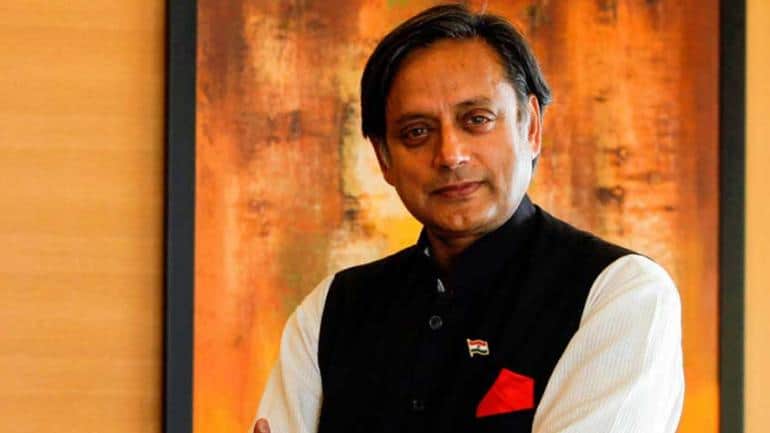Facebook, whose actions over containing the spread of hate speech on its platform have drawn heightened scrutiny in recent weeks along with allegations of bias, has been summoned by a Delhi Assembly committee looking into the social network’s role in fanning discord ahead of last year’s deadly communal riots in the capital.
The Delhi Assembly Committee on Peace and Harmony led by Raghav Chadha, an MLA from Chief Minister Arvind Kejriwal’s Aam Aadmi Party (AAP), issued the summons to “competent senior representative(s)” of Facebook following a Supreme Court order that had upheld its right to do so.
Ignored and eventually challenged in Supreme Court by Facebook’s India boss Ajit Mohan, the summons had been deemed fair by the judges in July although they underscored that the company can’t be compelled to answer on the issues of law and order, which are looked after by the central government.
This time, the notice did not call for Mr Mohan specifically. “The Committee has decided to call upon representative(s) of Facebook India to depose its view on the important role of social media in curbing the spread of false, provocative and malicious messages which can fan violence and disharmony,” a statement by the panel said.
“The Committee is examining the unprecedented communal disharmony and violence in Delhi in February 2020, with a view to recommending suitable measures to defuse the situation and restore harmony among religious communities, linguistic communities or social groups,” it said.
At least 53 people had died and hundreds were injured in clashes between supporters of the centre’s new citizenship law, which made religion a condition for nationality, and those opposing it between February 23 and February 26, 2020, in North East Delhi with the riots taking a distinctly communal colour.
“To maintain the utmost transparency in the functioning of the committee, the proceedings shall be live-streamed for more public outreach,” it added, setting the date for Tuesday, 12:30 pm at the Delhi assembly.
The move comes days after reports based on leaked documents obtained by several international publications said that Facebook has been selective in curbing hate speech, misinformation and inflammatory posts – particularly anti-Muslim content – in India.
The reports published in the New York Times, The Washington Post and Wall Street Journal and multiple whistle-blower testimonies found that Facebook failed to crack down on pages linked to the ruling BJP and its ideological parent Rashtriya Swayamsevak Sangh (RSS) that were spreading hate and violating the platform’s rules.
Facebook has denied the charges and has said the company has a detailed strategy to keep people safe on its services, and it has invested significantly in technology to find hate speech across languages.
Separately, a former data scientist at Facebook has claimed the social networking giant took selective action against fake accounts in the run-up to last year’s Delhi elections. Sophie Zhang, who has now turned whistleblower, told NDTV this week that though the BJP, the Congress, and the Aam Aadmi Party used fake accounts to influence the polls, only the network of accounts directly linked to a BJP lawmaker was not removed by Facebook.
Facebook has been in a spot in India ever since the Wall Street Journal reported in August 2020 that the company’s senior executive Ankhi Das opposed applying the company’s hate-speech rules to people and pages linked to the BJP. Linked to the party herself, she later left the company. Facebook employees have also questioned the company over how it regulates political content in the country, which is its biggest market – bigger than the US – with over 32.8 crore users.




![Prosecution cannot take advantage of supplementary charge sheet for extending time limit u/s 167(2) Cr.PC: Supreme Court[Read Order] 4](https://lawupdates.in/wp-content/uploads/2020/07/SC-1.jpg)